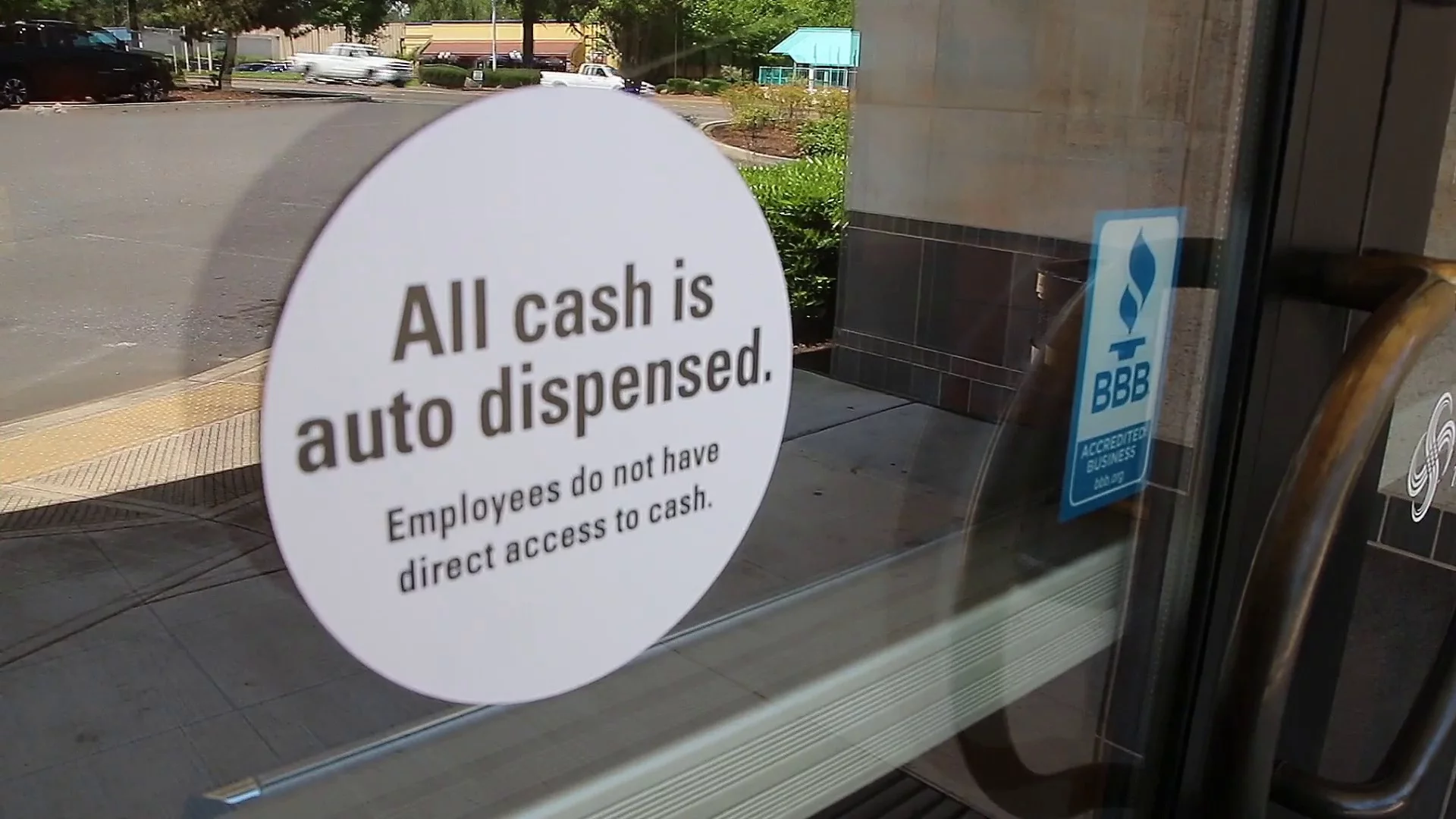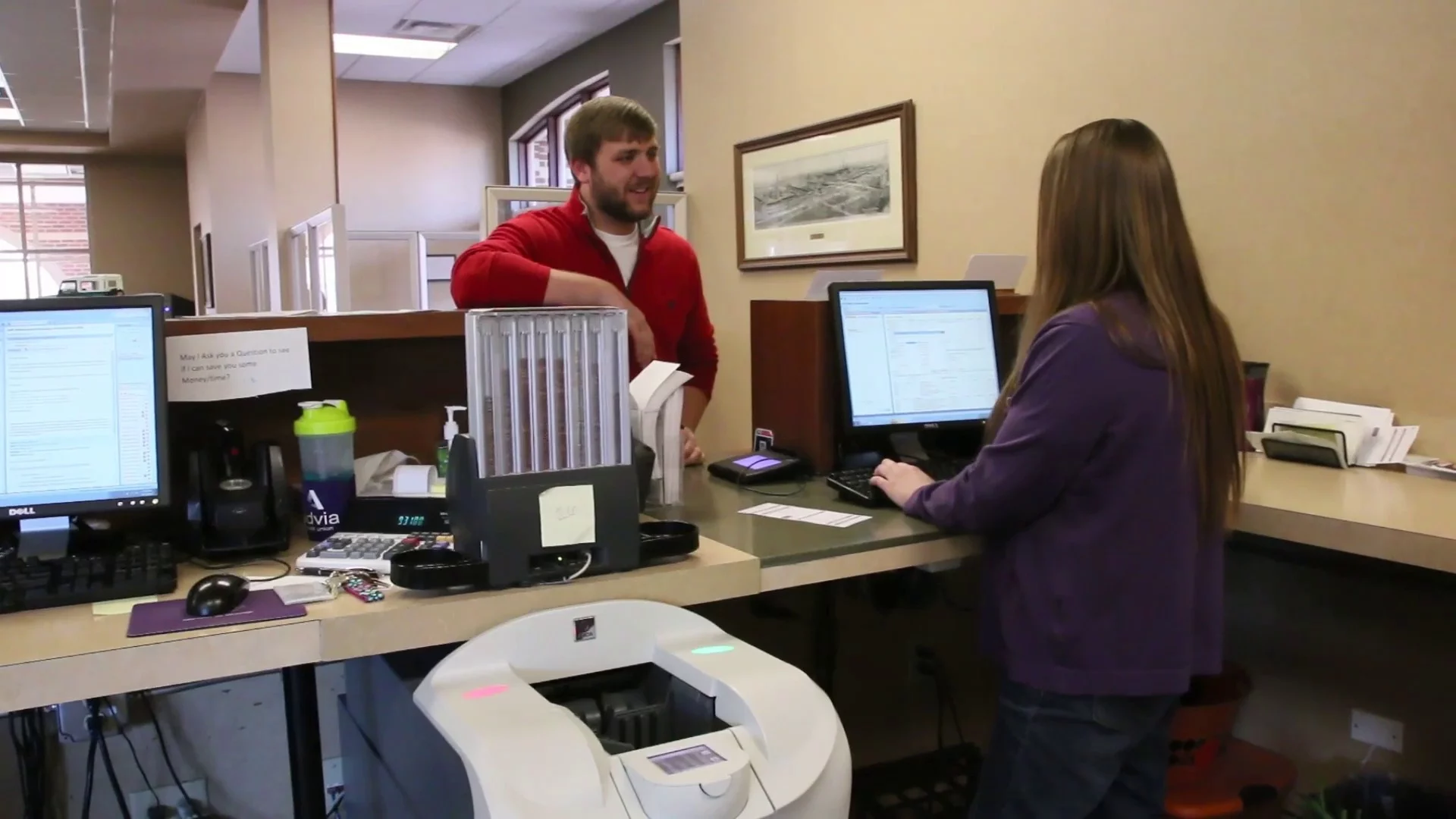
Stating the obvious
It’s called Sutton’s Law, a process taught in medical schools to help doctors make decisions. Sutton’s Law dictates that you should choose the most likely diagnosis and test for that first, rather than tracking a more unlikely cause. Oddly enough, the name for this disease-determining detective work comes from a thief who made his living robbing banks.

Willie Sutton committed his first bank heist in 1925 in Ozone Park, NY. His life’s work would land him on the FBI’s Most Wanted List, bring him $2 million dollars, put him in prison for 33 years, (which included additional time because he kept escaping), six years in hiding and four years of parole. When asked why he robbed banks, Willie is credited with replying, “because that’s where the money is.”
Sutton’s Law had been born. (Even though he later denied saying it.)
Next question?
It’s obvious that banks and credit unions are targets for robbery. That is where the money is. Robberies happen every day, Google tells me a new one happened just two hours ago. Most involve a simple note being passed to the teller. Violence is rare, but it does happen.
Even though the amount of cash stolen is usually low, the potential threat to employees and customers remains high. The US Department of Justice says that when a robbery occurs, people react normally to an abnormal event, often with fear, guilt, anger and depression.
Cash recyclers reduce the threat of robbery
Cash automation technology can reduce that threat of robbery in many ways. In the video below, Unitus Community Credit Union in the Portland, Oregon area explains how their security has changed with cash recyclers in the branch.
Cash recyclers reduce exposure
Cash recyclers lower or eliminate cash amounts found in drawers and in the total branch environment. Cash remains safe in the recycler, right at the teller line. This eliminates large amounts of cash out in the open, being transferred in and out of the vault, several times a day. The staff at Advia Credit Union in Michigan discuss how recyclers have reduced cash in the branch and how that has affected security in the following video.
Cash recyclers create obstacles for crooks
Quick getaways are also thwarted by cash recyclers. Instead of a thief throwing a stack of hundreds into a bag and running out the door, they must wait and watch the teller dispense money from a machine, an action that occurs only after pressing a few buttons, one of which sends an alarm to police.
Perhaps the greatest robbery deterrent a cash recycler brings into the branch may be the apprehension created in the minds of the villains themselves. A thief always scouts the location, looking for the easy path with the least resistance. If they observe any obstacles, such as those provided by cash automation technology, they quickly move on to a more vulnerable branch. There are plenty to choose from just down the road.

It takes a thief
So what became of Willie Sutton? He was released from Attica State Prison on Christmas Eve in 1969 and began consulting with banks, showing them how to prevent theft. And, of course, he wrote a book. You can get your copy on Amazon. Willie Sutton died in 1980 and is buried in Holy Cross Cemetery in Brooklyn.


